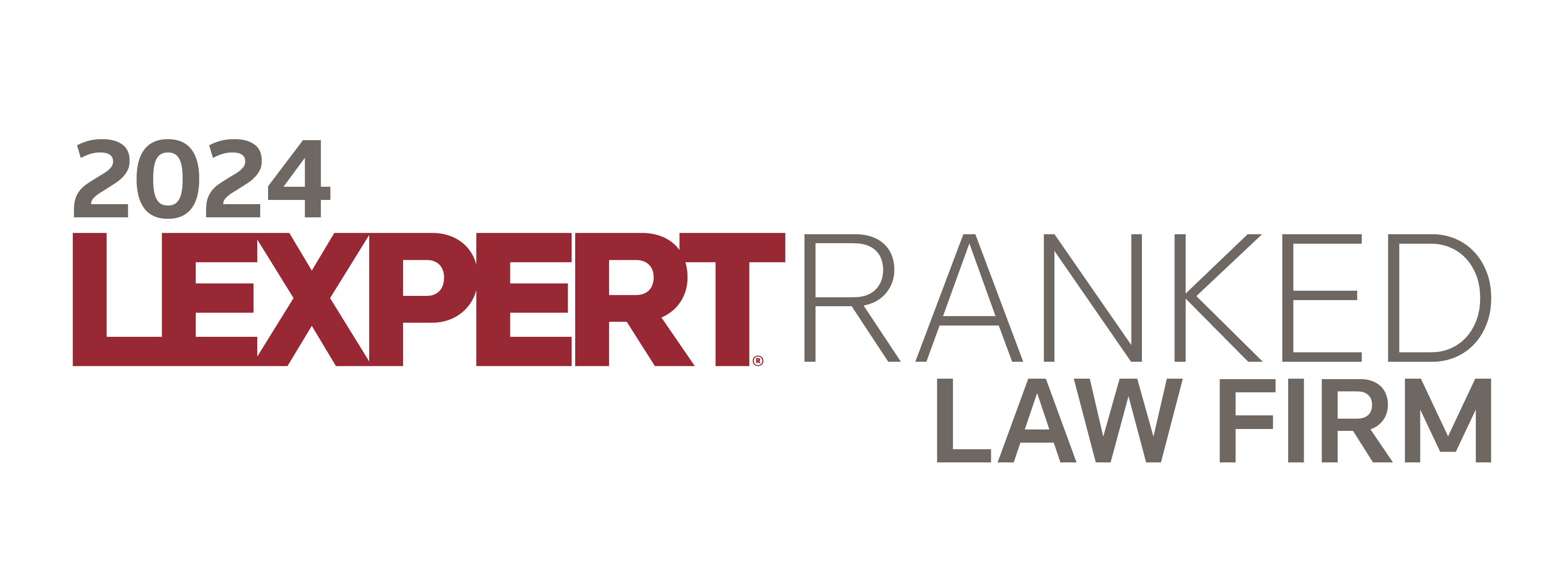New Supervisory Framework
On March 29, 2022, the Financial Services Regulatory Authority of Ontario (“FSRA“) announced the launch of the first Life and Health Agent Supervisory Framework (the “Framework“). The Framework represents FSRA’s new, proactive approach to supervising the sale of life and health insurance and is the first ever supervision framework for life and health agents in Ontario. Click here for the full text of the Framework.
Before the launch of the Framework, FSRA and its predecessor’s approach to the supervision of life agents was reactive. Supervision and enforcement focused mainly on those agents who self-declared non-compliance or were in response to complaints against specific agents[1]. Now, FSRA has established a dedicated Life and Health Insurance Agent Unit (the “LAU“) which helped develop the Framework and, going forward, will be responsible for implementing and scaling the Framework, setting target examination volumes and integrating industry best practices into the Framework.
Has anything changed?
The regulatory requirements applicable to insurers and agents remain the same and the Framework does not change any of the legal or licensing requirements applicable to life and health agents under the Insurance Act (Ontario) (the “Act“), Regulation 347/04 (the “Regulation“), or the CCIR and CISRO’s Conduct of Insurance Business and Fair Treatment of Customers Guidance (the “FTC Guidance“). Nor does the Framework alter the insurer’s ultimate responsibility for oversight of agent conduct. The legislation and FSRA still require insurance companies “to ensure that agents comply with the Insurance Act, the regulations and agent licensing requirements” and that insurers “must complete due diligence when delegating functions to managing general agents, such as agent screening and oversight”[2]. What has changed is that FSRA is now taking a proactive approach to supervising and enforcing compliance with these requirements and has dedicated more resources to the supervision of the sale of life and health insurance.
Four Components of the Framework
The Framework sets out the processes and key supervisory components that FSRA will use and consists of the following four key components:
- Life agent risk profiling
- Life agent examinations
- Communications and enforcement actions
- Reporting
- Life Agent Risk Profiling
The agent profiling process will focus on agents with the highest risks. Higher risk agents will be identified using FSRA’s internal data captured through licensing applications, licensing renewals, consumer complaints, the submission of the Life Agent Reporting Form (“LARF“) by insurers, and life agent enforcement activity reported by other regulatory bodies across Canada[3].
- Life Agent Examinations
Once a life agent has been identified with a higher risk profile and is referred to LAU through agent licensing management or consumer complaints management, LAU will then begin an ad hoc examination of the identified agent. During the pilot, FSRA developed a six-step examination process which consisted of (i) notice of examination and questionnaire, (ii) review and assessment of questionnaire including confirmation of compliance processes for FINTRAC and applicable privacy and data security legislation, (iii) requesting client files, (iv) file review, (v) agent interview, and (vi) a report on the findings and escalation for review if appropriate.
Based on the results of the pilot, FSRA determined that these steps were an effective method for determining compliance. Please see Appendix A of the Framework for a detailed description of the ad hoc examination process. This examination process will be used to test and verify the agent’s compliance with the Act, the regulations and FTC Guidance.
- Communications and Enforcement
The communications and enforcement component of the Framework means FSRA’s communication with the agent upon completion of the examination. The communication component will be performed by way of a closing letter confirming the outcome of the examination. This closing letter will confirm whether there were any contraventions of the Act, regulations or the FTC Guidance, or any other contraventions of business practices that are beyond FSRA’s jurisdiction. If the LAU concludes there were contraventions of the Act, the regulations or the FTC Guidance, the closing letter will also state whether the contraventions will be escalated to FSRA’s Legal and Enforcement Unit or a Regulatory Discipline Officer for enforcement action.
- Reporting
The reporting component includes the publication of reports and industry notices. Such reports and notices are intended to contribute to public confidence in FSRA and the life insurance industry generally by promoting transparency, disclosing information and deterring deceptive or fraudulent conduct by life agents.
During the pilot, FSRA published its Second Annual LARF Report dated May 10, 2021. In the Framework, FSRA discloses the outcomes of the pilot to the industry and the public. FSRA also published two industry notices which provided notice to the industry of the outcomes of examinations where FSRA identified potential consumer harm. In one case, an agent had altered clients’ work and study visas during the application process. These alterations were discovered by the insurer during the underwriting process and the agent was immediately terminated. In the second notice, the agent was found to have terminated insurance policies soon after receiving commission and the examination revealed that the agent had engaged in this same activity with other managing general agencies over several years, using the same pool of clients each time. Both industry notices confirmed insurers’ existing obligations under the Regulation to maintain a compliance system and report agents who are not suitable.
Although FSRA has become more proactive in its supervision of agents’ conduct of business, FSRA still expects insurers to oversee and monitor agent and managing general agency conduct. In both industry notices, FSRA reminded life and health insurance companies of their role in ensuring agents comply with legal obligations and meet high business conduct standards.
Conclusion
Based on the outcomes of its pilot project, FSRA has concluded that life agents in Ontario need to improve their overall business practices and that the insurers who are obligated to monitor the intermediaries authorized to sell their products need to review their life agent compliance programs. As FSRA implements and scales the Framework, FSRA intends to consult with the industry on integrating best practices enforcement into the Framework in support of the fair treatment of customers. FSRA also plans to consult with its stakeholders about what examination volume would be considered reasonable and proportionate within the Ontario marketplace.
[1] See pages 29 and 121 of the International Monetary Fund’s Country Report No. 14/72 – Canada Financial Sector Assessment Program ,dated March 2014.
[2] See FSRA Industry Notice titled FSRA Requires Insurers to Monitor Agent Conduct dated February 17, 2021, for more information.
[3] In 2009, FSRA’s predecessor, the Financial Services Commission of Ontario and Québec’s Autorité des marches financier implemented a common web based system to harmonize complaint data reporting requirements across Canada, except for British Columbia.

